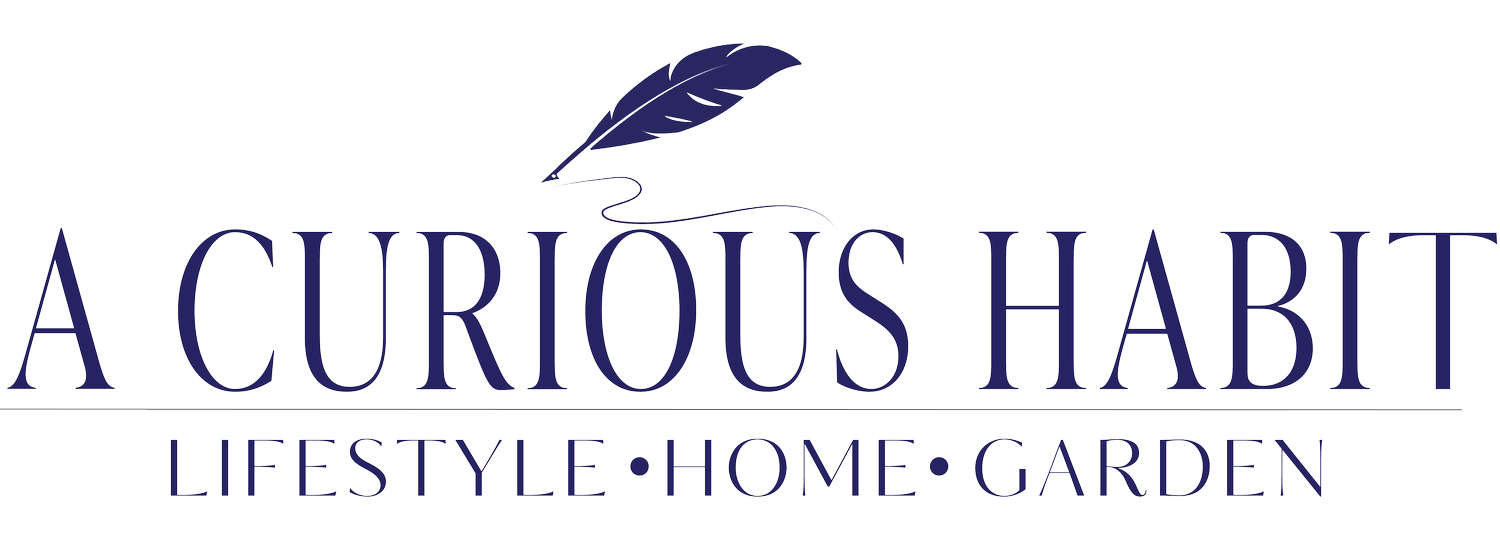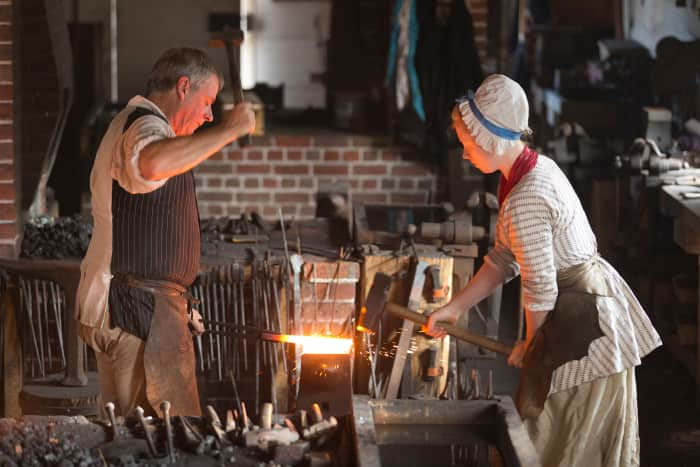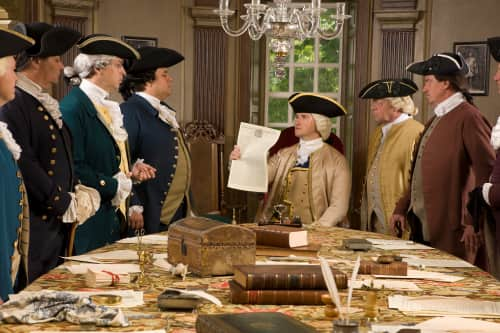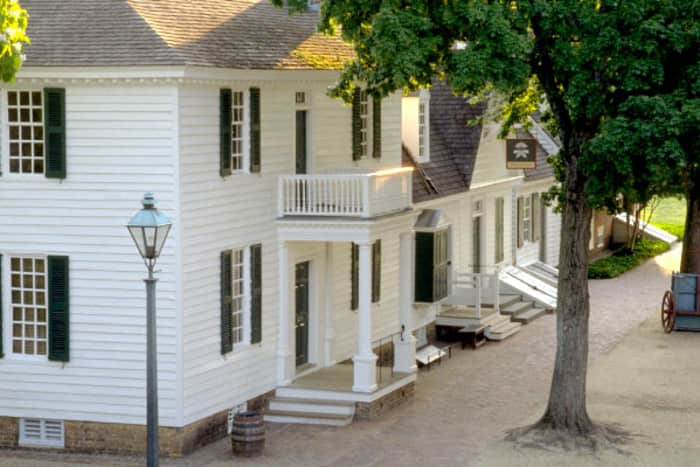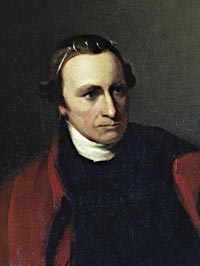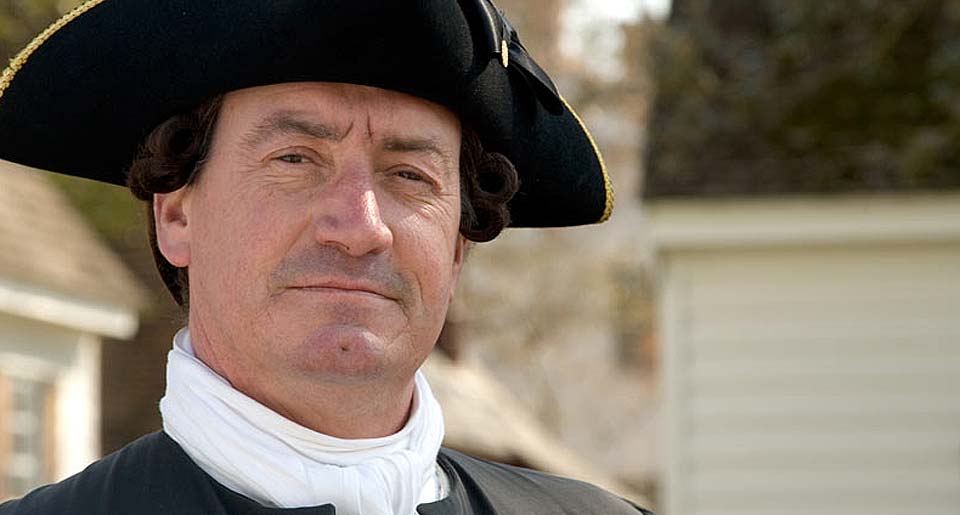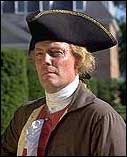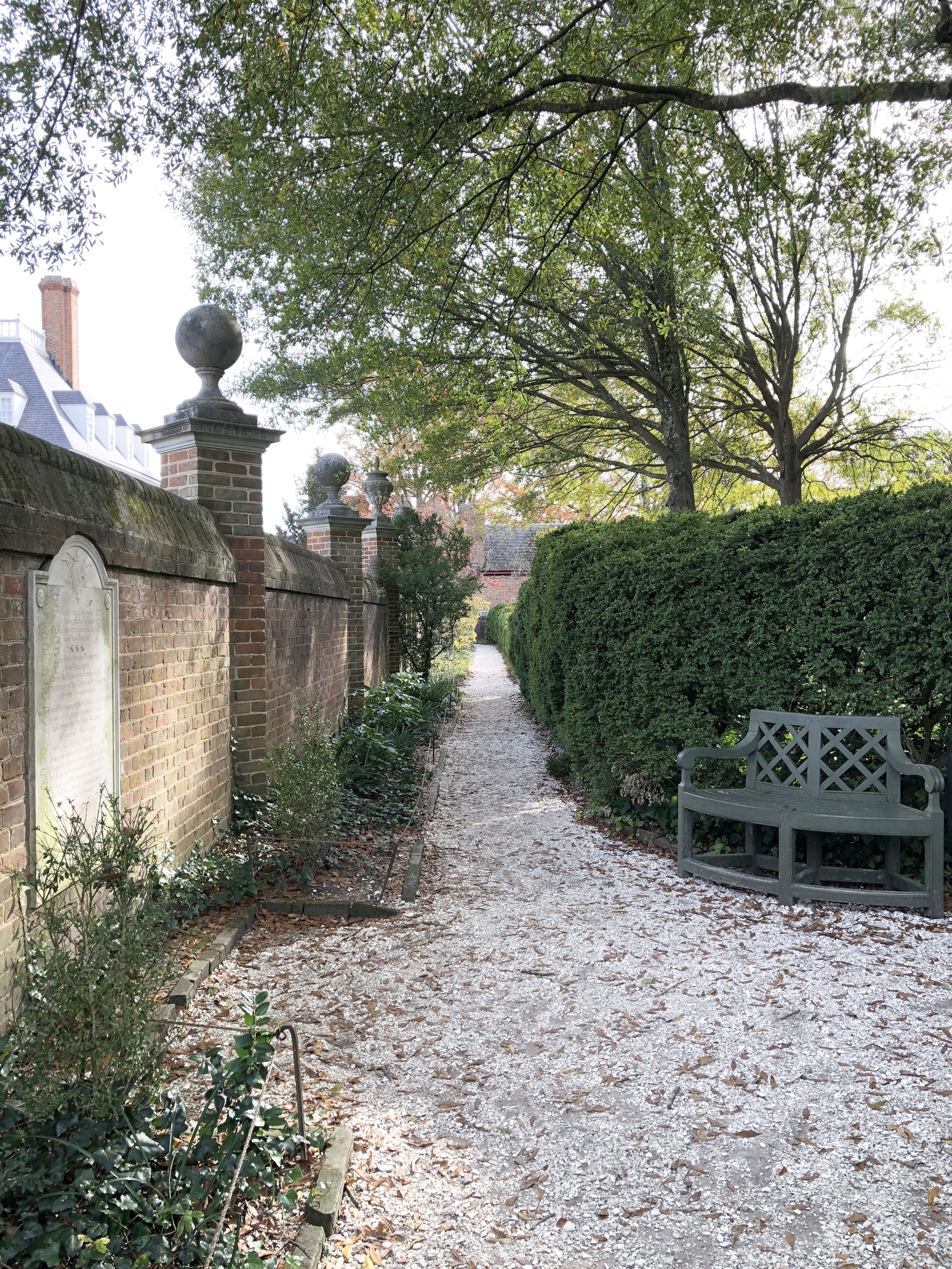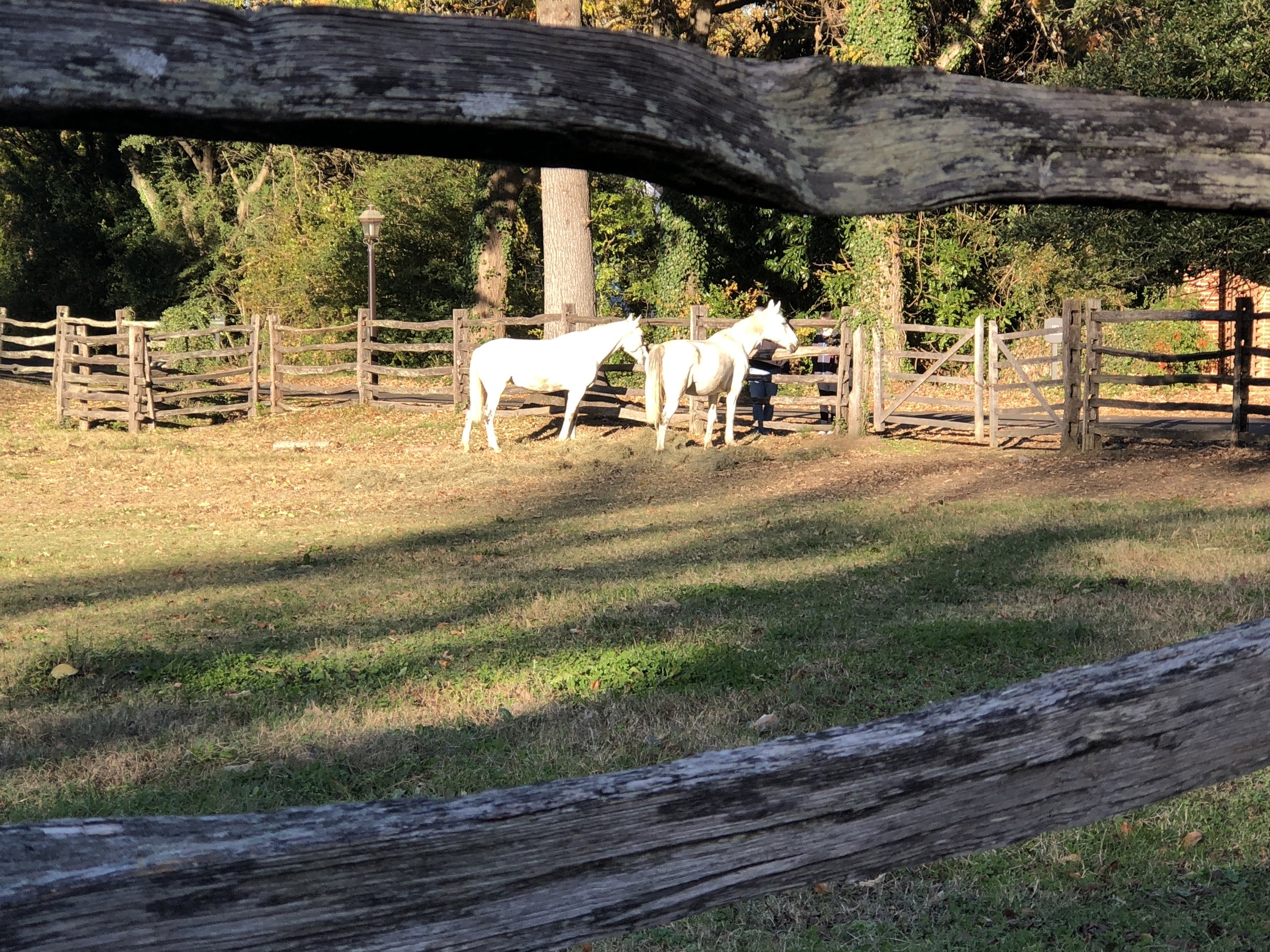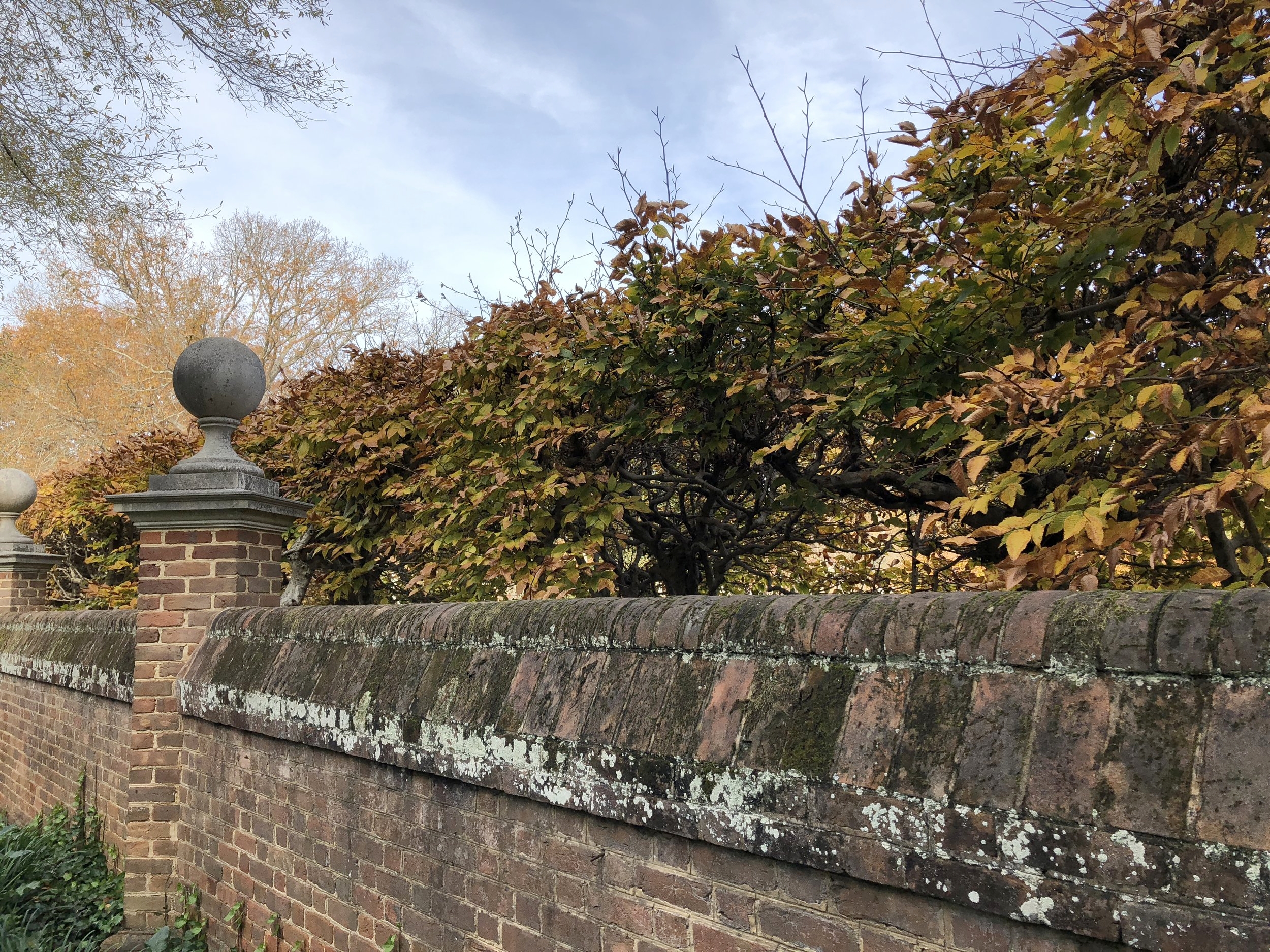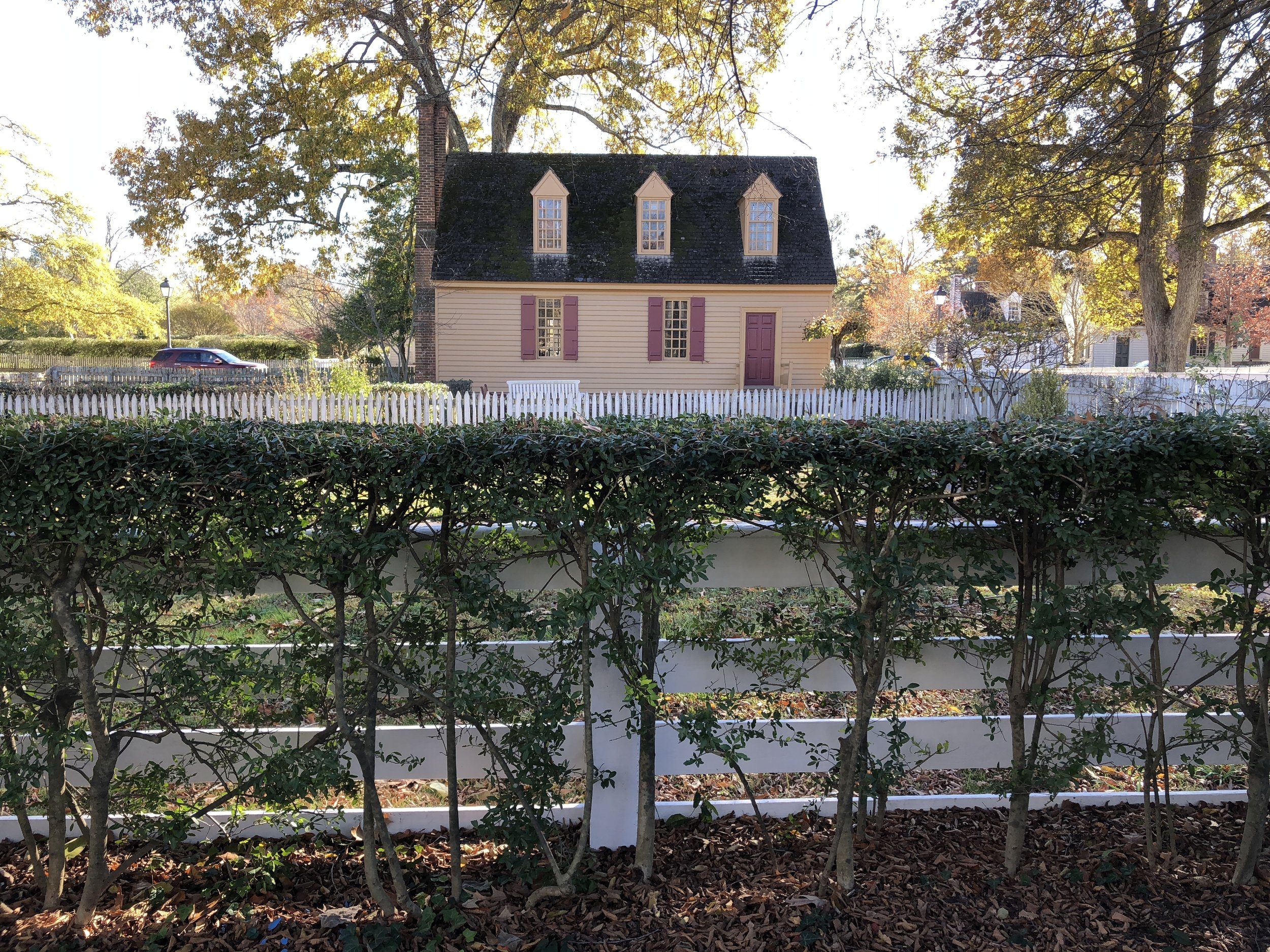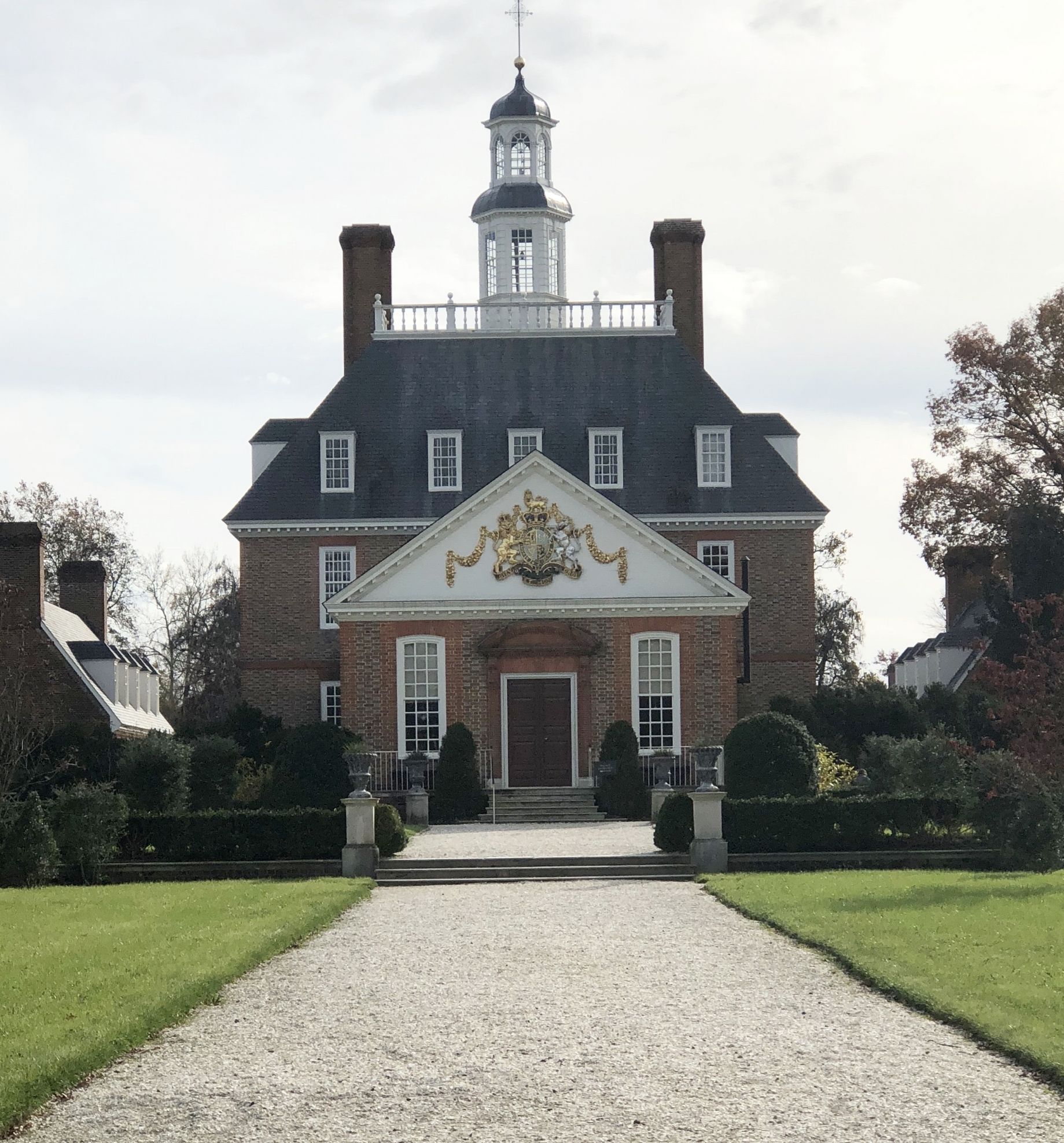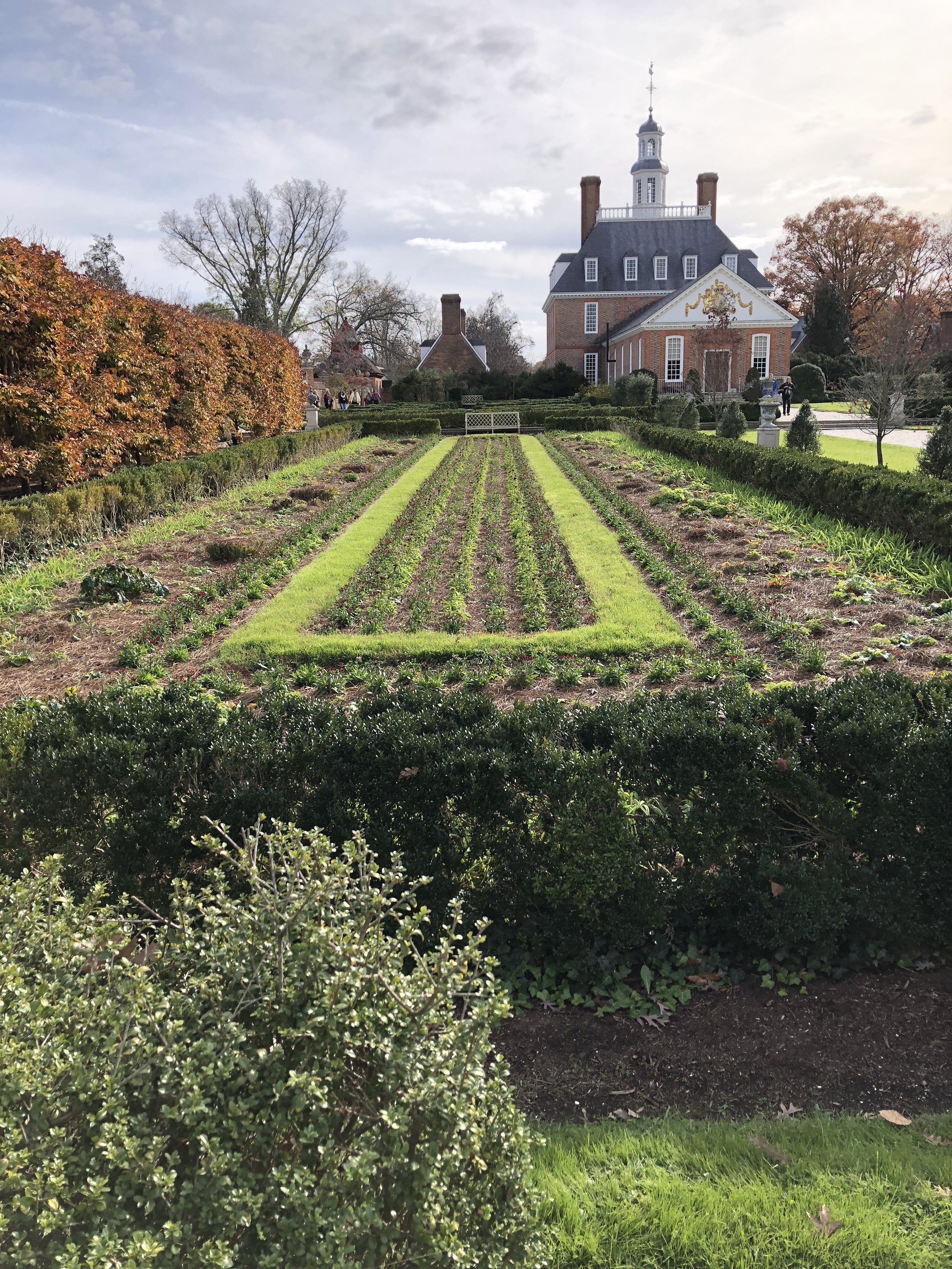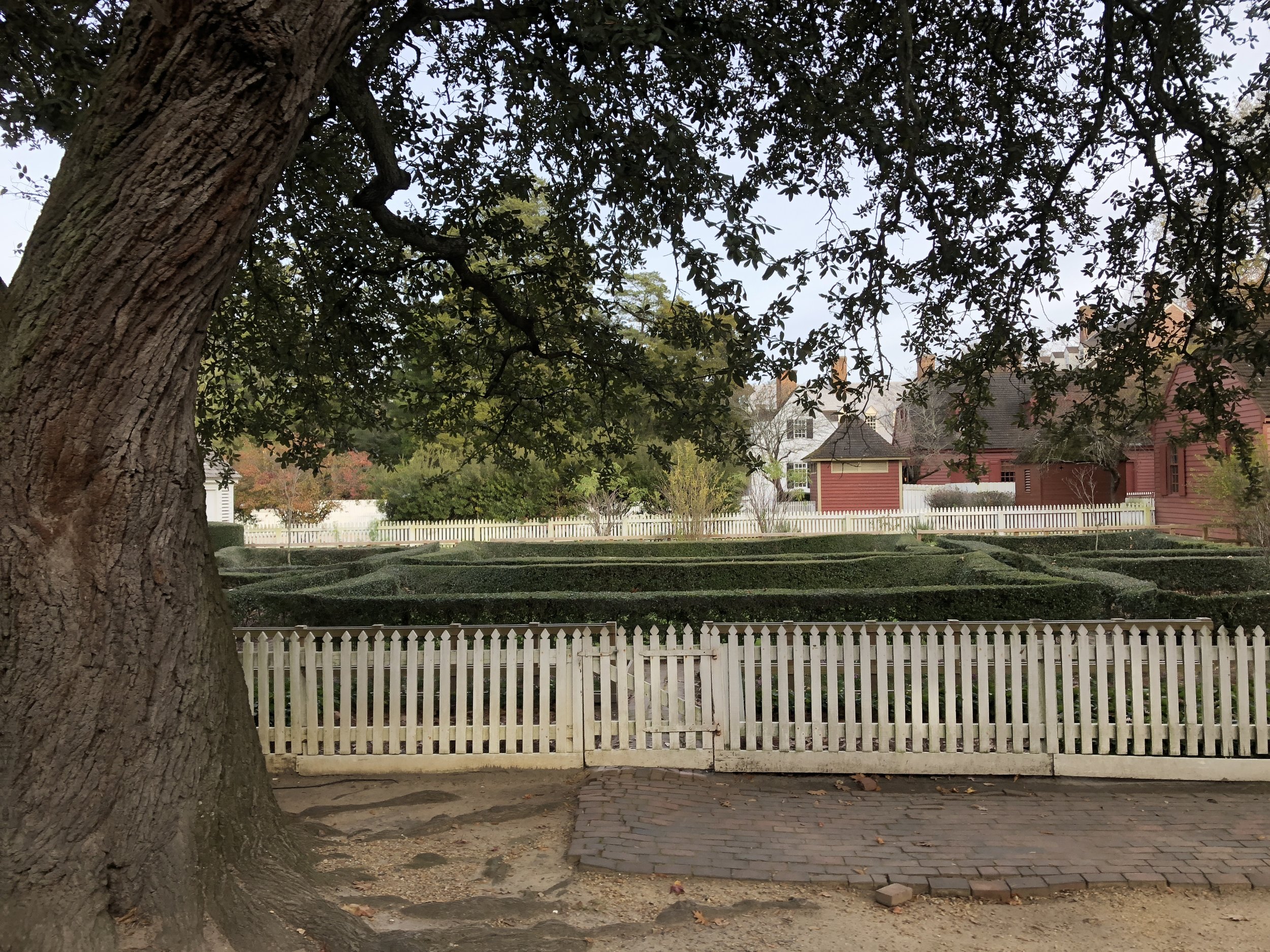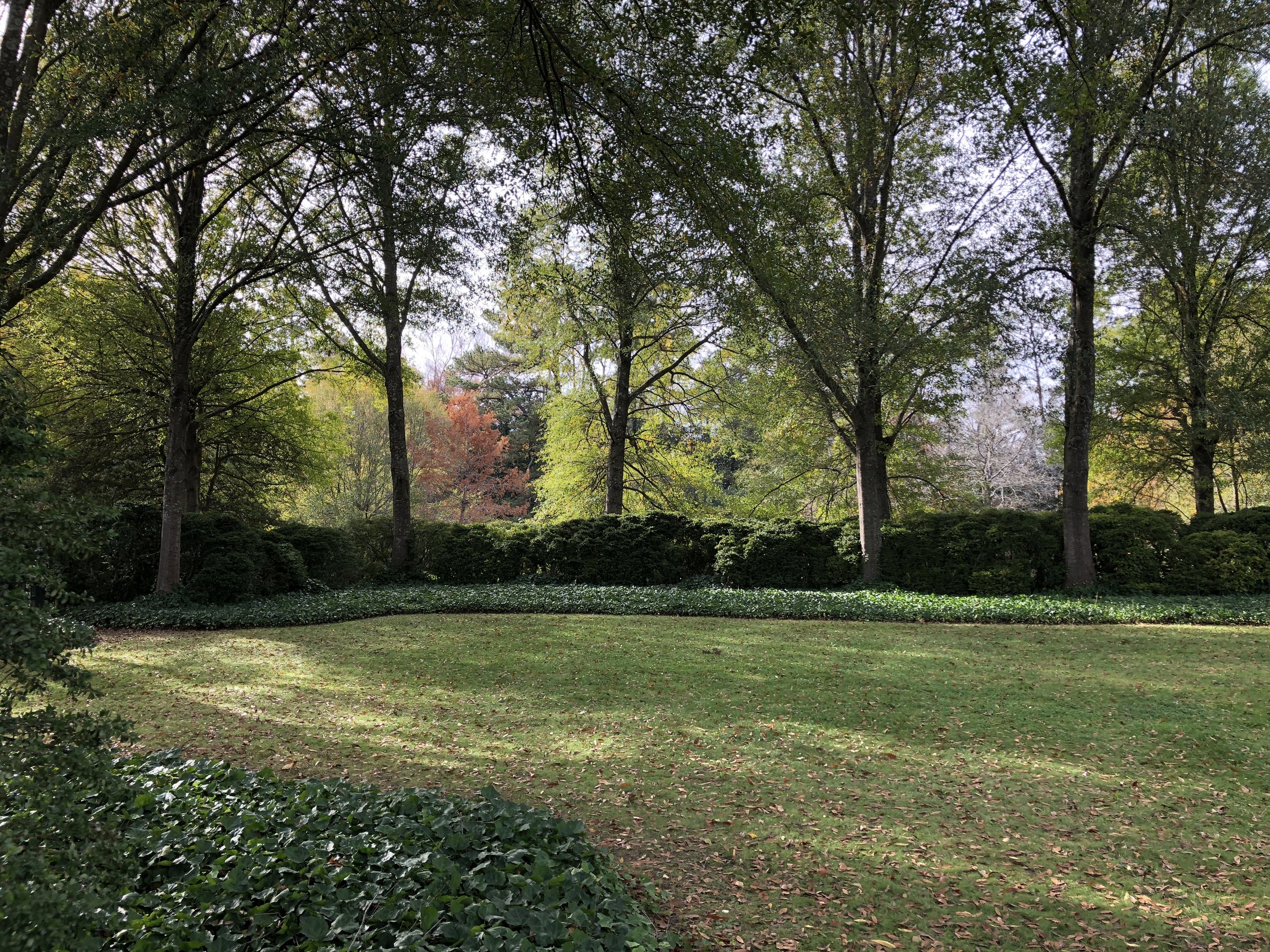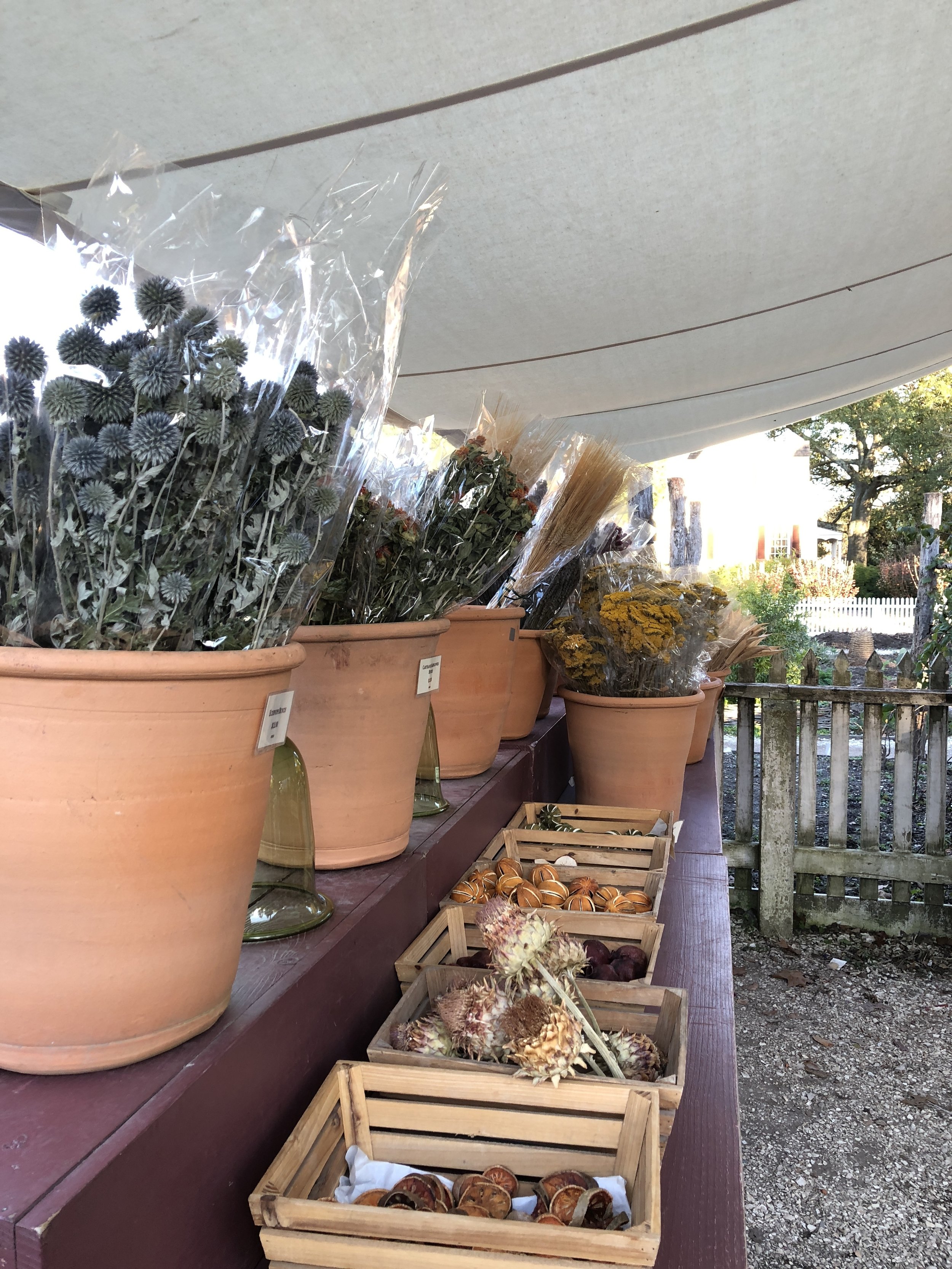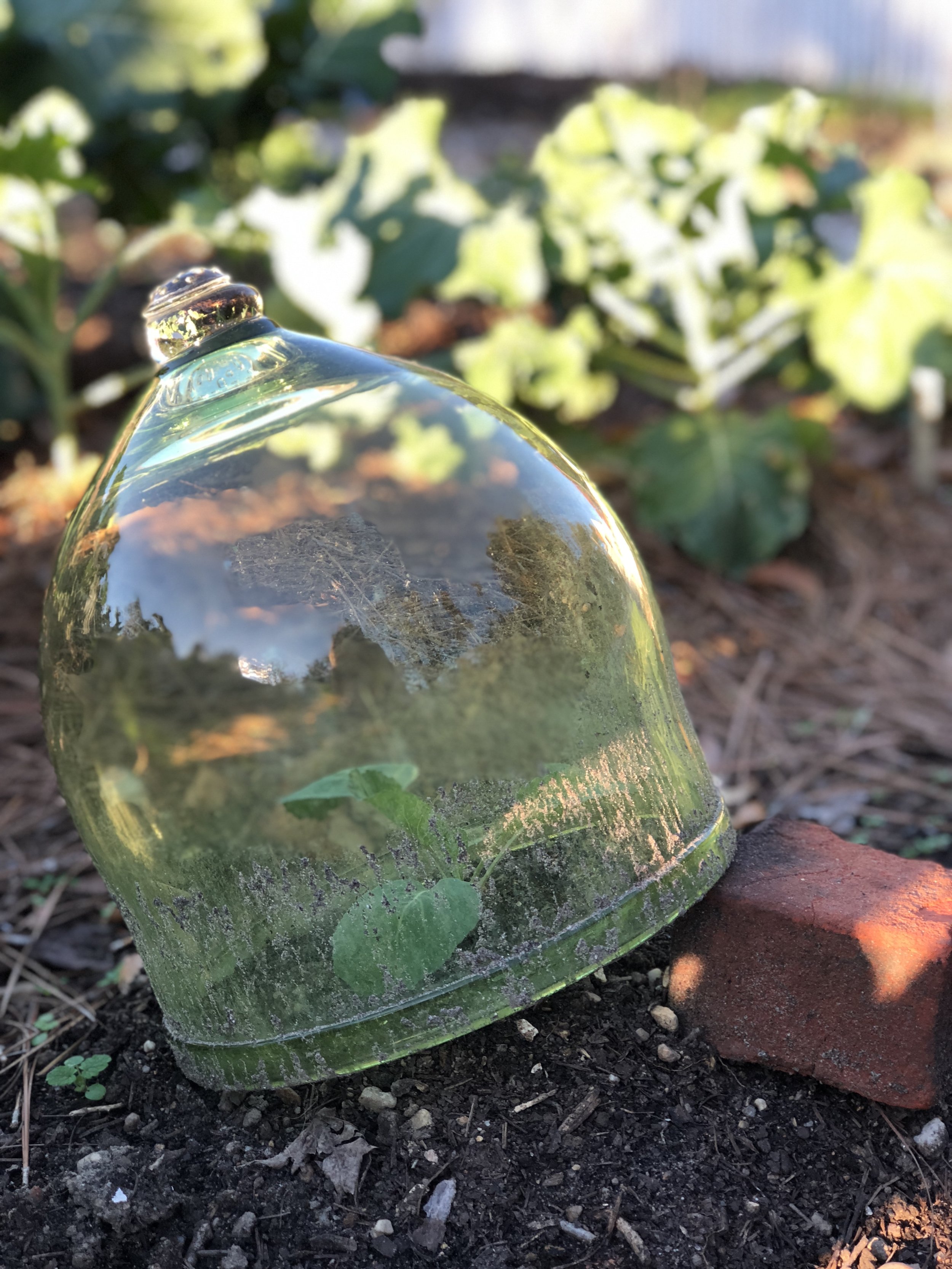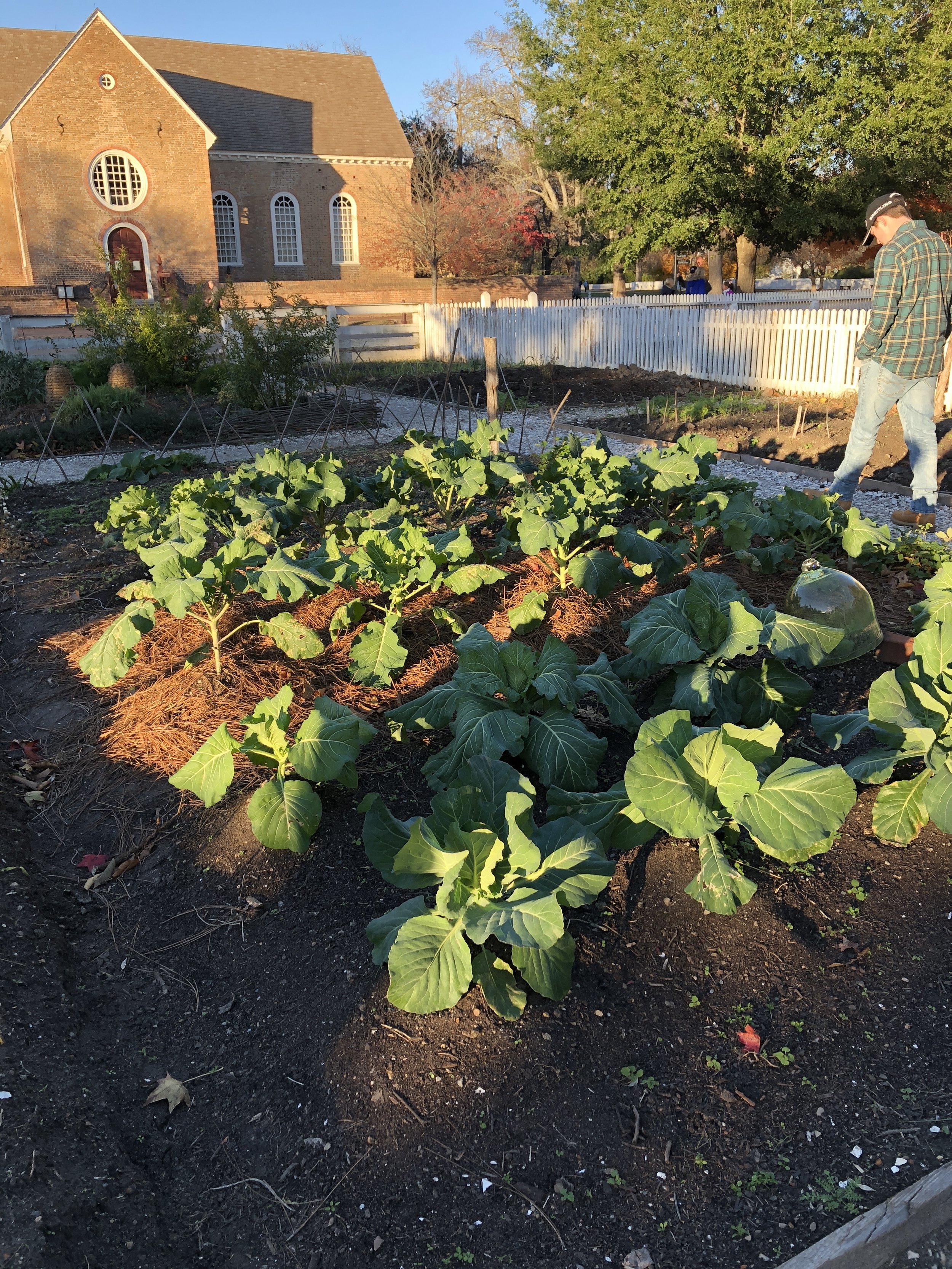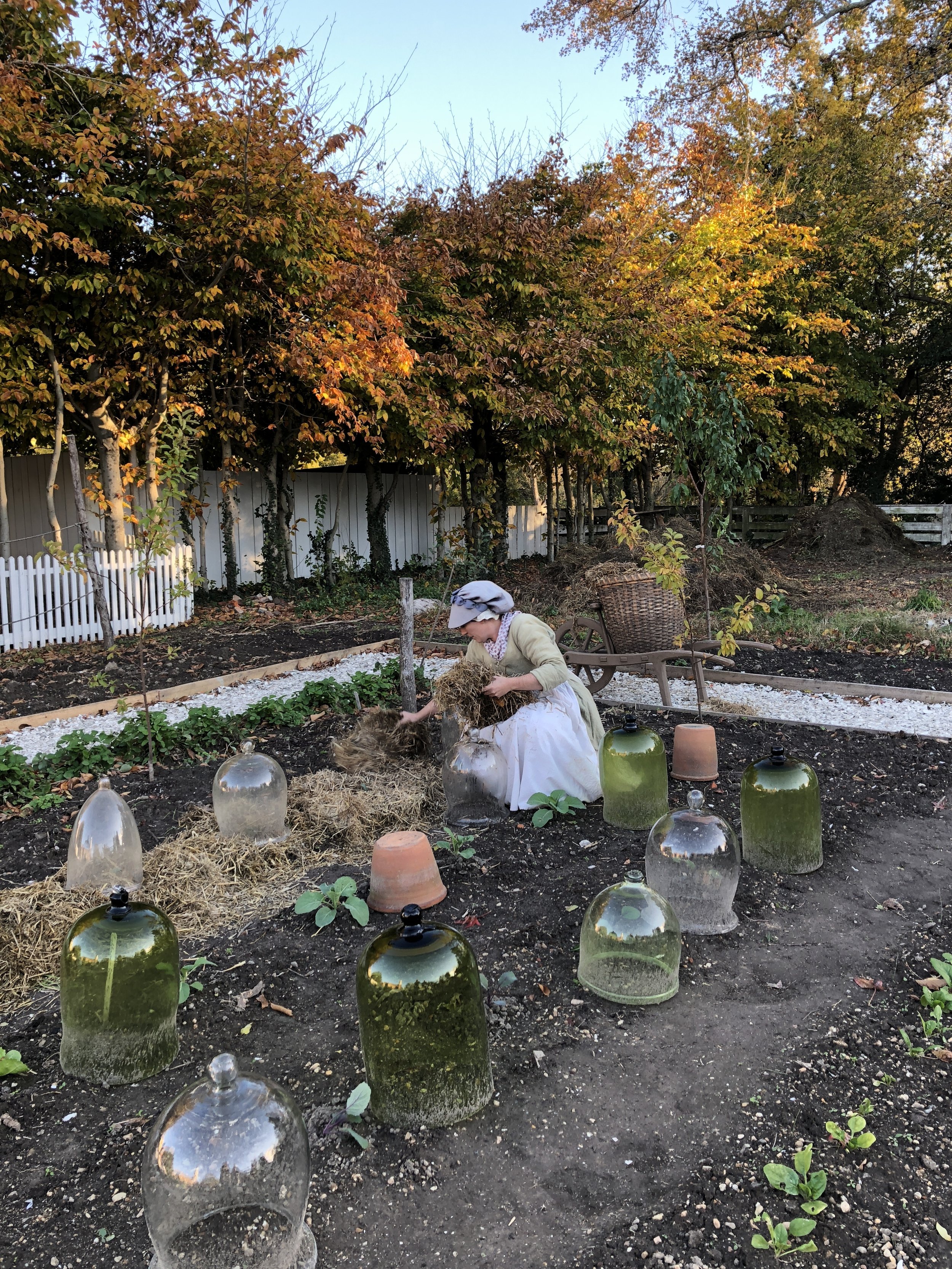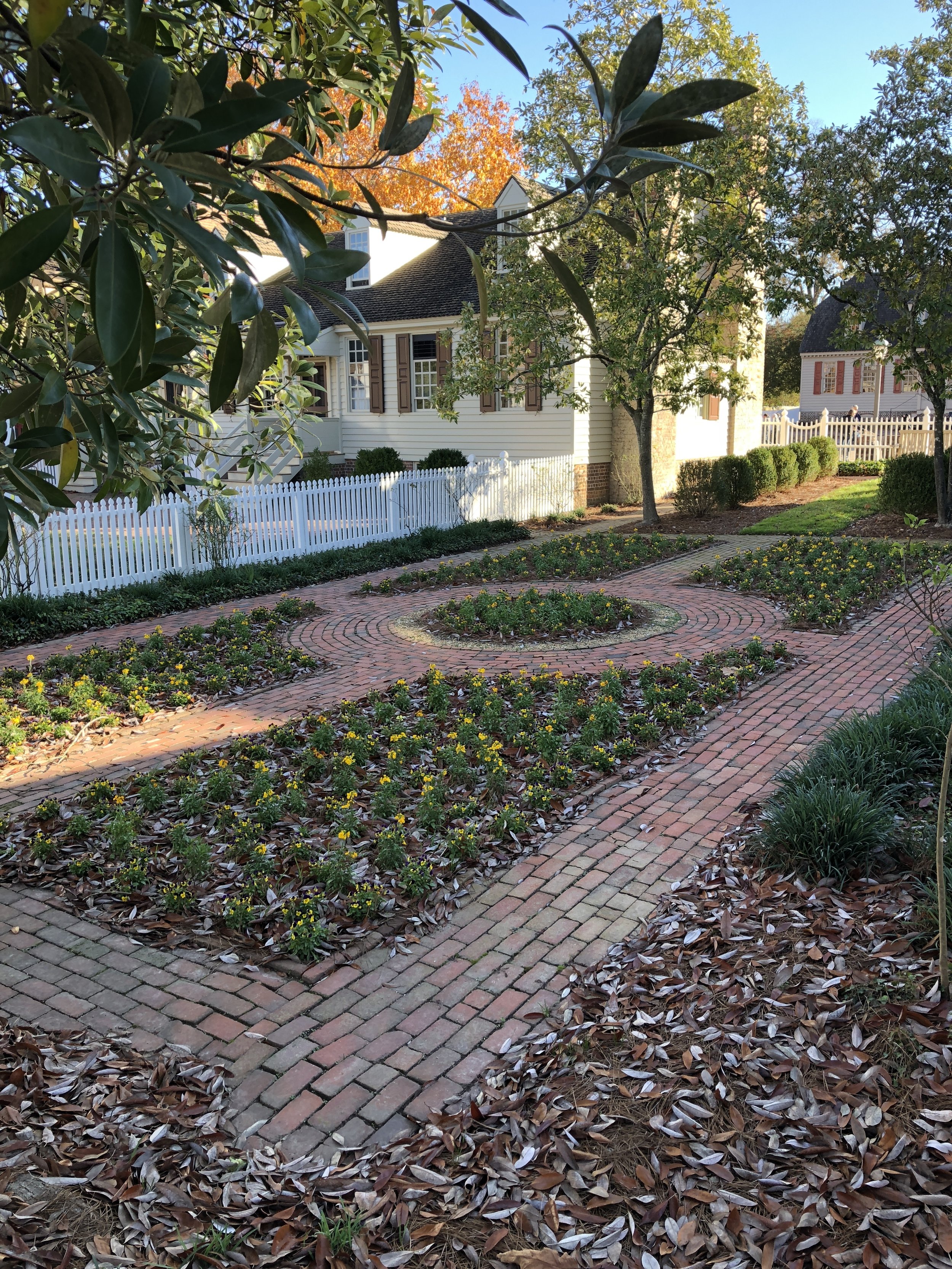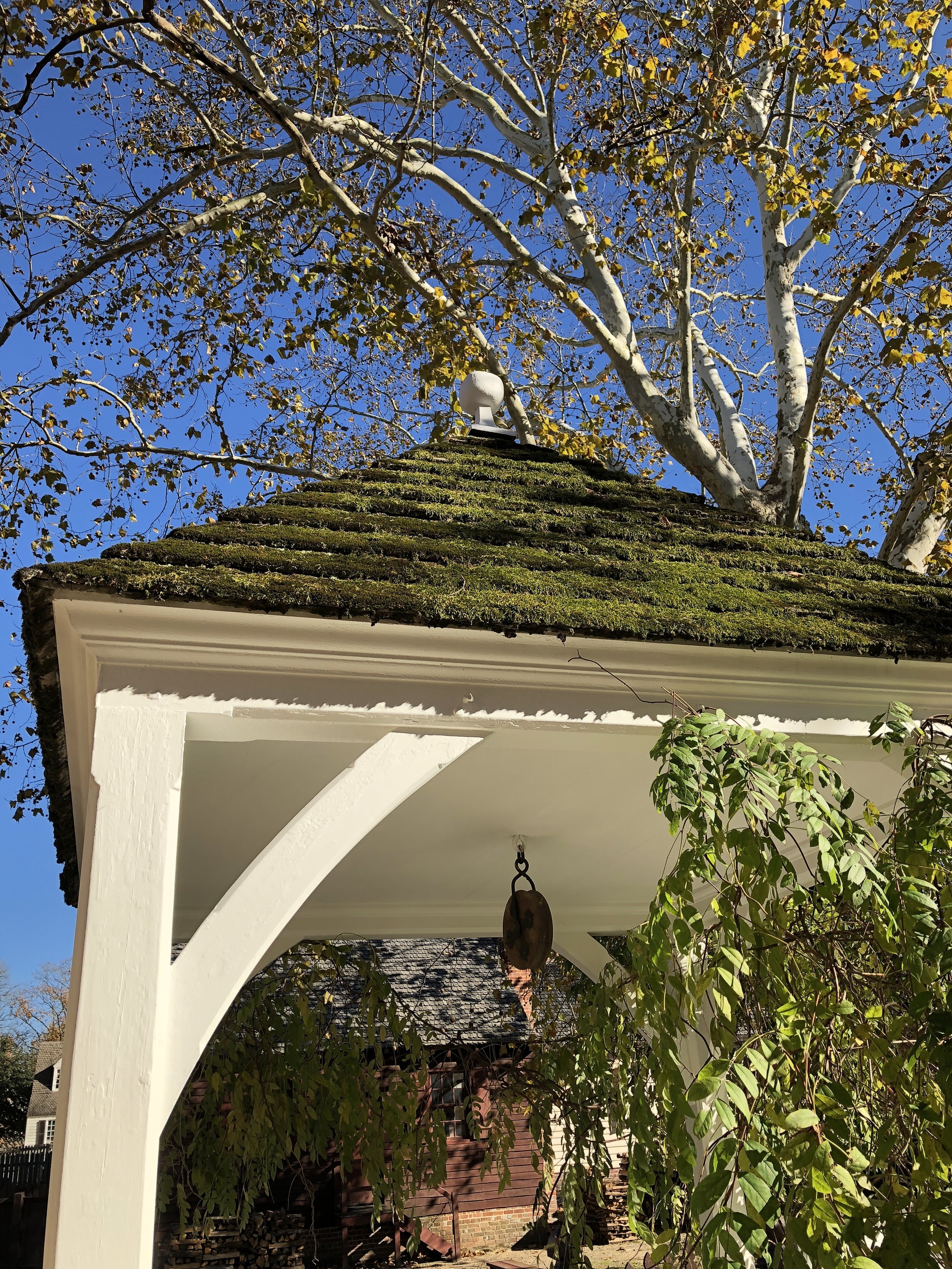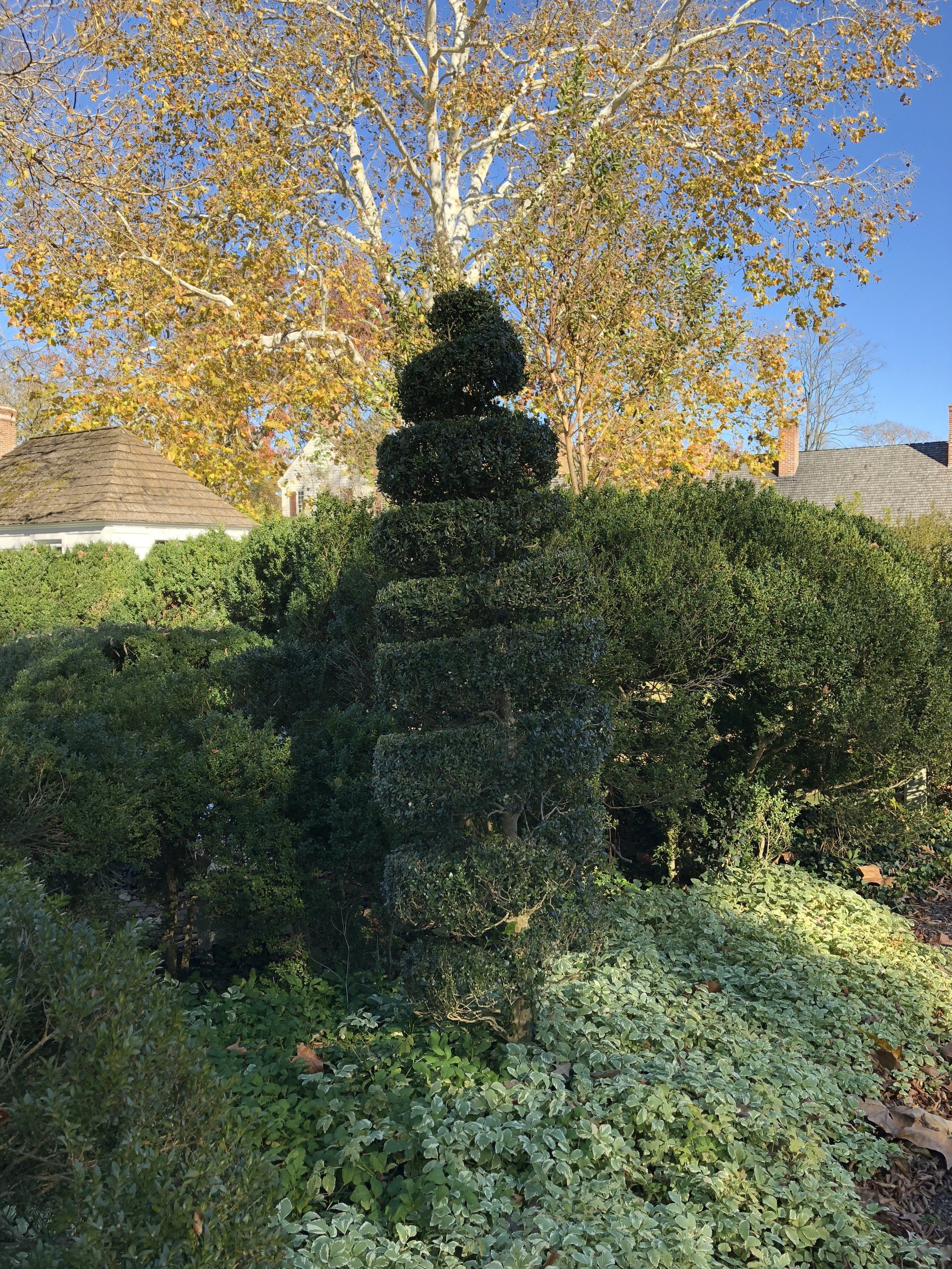Awakening in Williamsburg
Image courtesy of Colonial Williamsburg Foundation
Well, it's official. I am definitely living in the wrong century. The things is, I'm simple. Oh, I know it's out of vogue in the 21st Century. Fortunately, I’m not overly concerned with being in vogue. Don’t mistake simple for simple-minded, though, or not fun. I am curious, and fun as a barrel of monkeys when the mood strikes. I just don’t care to be rushed, stretched, or over-scheduled. Plus, I’m not big on technology. That’s why I fell in love with Colonial Williamsburg.
Shane, so adaptable that he could live - nay, thrive - in literally any century, also fell in love with Williamsburg. He is, without a doubt, the most curious soul I’ve ever known, so I don’t know why I am surprised that he devoured the entirety of The Federalist Papers while we were there. So inspired by colonial history was my husband, that he literally downloaded and read not only The Federalist Papers, but also hundreds of letters and papers by Thomas Jefferson. Further, he digested all of this, analyzed it, and formed opinions. We discuss these things in our household. The Michelli home is a place of higher learning, especially if I’ve had my coffee. Here's the thing about Shane: he is equally able to pontificate on historical documents, or forge an ax out of molten iron if he gets a wild hair, and enjoy these things in equal measure. So, Colonial Williamsburg scratched an itch for both of us.
“The Federalist Papers explain the complexities of a constitutional government - its political structure and principles based on the inherent rights of man”
It is a cultural immersion project, Williamsburg. What’s crazy is, you do kind of get caught up in the colonial moment. People are in colonial dress, doing all manner of colonial things. Shooting cannons at dusk, for example. Playing fifes, and drums. Gardening, blacksmithing. I started to think maybe living this way wouldn't be so bad. (It would. No electricity or indoor plumbing. Bad.) Williamsburg was the capital of the Commonwealth and hub of colonial politics leading up to the American Revolution. Simple might be too uncomplicated a term for colonial life. Clearly, it was hard work, physically and mentally, giving birth to a nation.
We started our tour of Williamsburg with a fine (FINE) brunch at Williamsburg Inn. Afterwards, we were summoned over to an amphitheater by a very convincing colonial emissary, where James Madison was speaking, in olde English, in character, for 45 minutes, regarding his life and political perspective. Then he took questions! In character! Seriously, he could have been the actual James Madison. (I confess, I kept trying to guess whether he was a paid actor or volunteer. I’ve since learned these are actors. It does seem a lot to ask of a volunteer.) I marvel at the level of commitment it must require.
We attended a live and lengthy debate between Patrick Henry, and none other than Thomas Jefferson himself. The topic? Separation of church and state, which bore no resemblance to the issue we debate today, by the way. It was unbelievably believable. Henry and Jefferson conducted a little poll afterwards, but I couldn’t vote, being a woman (!). James Madison, however, had already informed us that women were offered the option to vote in Delaware and turned it down, so it was taken off the table. Imagine.
So convincing were the actors, we started to talk about them like that. “James Madison mentioned…” and “Did you hear Jefferson react when Patrick Henry said……” Shane, of the photographic memory, probably could relate the speeches word for word. For me, the context was the thing. Men and women of The Commonwealth sat in approximately the same location 400 years ago and heard the same debates and speeches, and knew how much it mattered. What struck me, too, was the gentility, the acute civility, of the whole proceedings. At the end of their turn, each man turned to the other, removed his hat, gave a little bow, and said, “I am your humble servant.” Golly.
Thomas Jefferson, left; Patrick Henry, right
The whole colonial town is a study in early urban planning. Talk about a walkability score. You can, and I suppose, had to in colonial Williamsburg, walk everywhere. Or hook up the old horse and carriage, which is kind of a big hassle, frankly. We took a carriage ride, for which I cartwheeled into the unexpectedly unsteady carriage, and during which I worried too much about the comfort of the horses. Once I got settled, I got distracted pointing out houses and gardens, and dropped the blanket they thoughtfully provided for me against the chill. Horrified, I shouted to the carriage driver, “I dropped my blanket!” but he didn’t respond immediately, so I followed up with, “Does it matter?” which sent Shane and Easton into fits. Here’s the thing: it’s not easy to stop two horses and a carriage, much less turn them around and retrieve said fallen blanket. Alas, it apparently did matter, because he stopped eventually, and we all turned to look at the blanket, crumpled in the middle of the road. I was going to let Easton shimmy down the steep and flimsy carriage steps and get it, but a good (colonial) Samaritan returned it to us. All of a sudden, colonial life didn’t seem so simple.
According to ancestry.com, my family is almost exclusively English and Irish. Possibly, that explains why the colonial horticulture tugged at my heart so fiercely. Williamsburg is, to this day, so very English, with a working community garden and vast, landscaped green spaces, the whole of it impossibly quaint. If you’ve read other posts, you know my affinity for English and European gardens. It was all there, in Williamsburg. Topiary, espalier, boxwood hedges. Plus, herb gardens, potagers, and horse pastures. I am drawn by the order of these gardens, and left to imagine the industrious people who planted and tended this patch of colonial earth. The pictures tell the story better than I do.
The moral of this story is that I do not encourage everyone to visit Colonial Williamsburg. It’s not Disney World. There is no physical thrill, unless you count mounting and dismounting the aforementioned carriage. This is a cerebral experience; one digested over time. (Easton was less than thrilled, aside from the opportunity to shoot a Revolutionary musket called the Brown Bess, the highlight of his trip.)
If you are interested in the thoughts and intentions of the Founding Fathers of this nation, this is your elixir. Wise beyond wise, these men were. Flawed, yes. But wise. This trip inspired in Shane and me a deeper desire to understand our beginnings in this country, and in so doing, understand where we are today. And, to ponder living simply, even in this complex century.
Curious? Visit these sites for more info on Colonial Williamsburg, colonial horticulture, and the founding of America.
